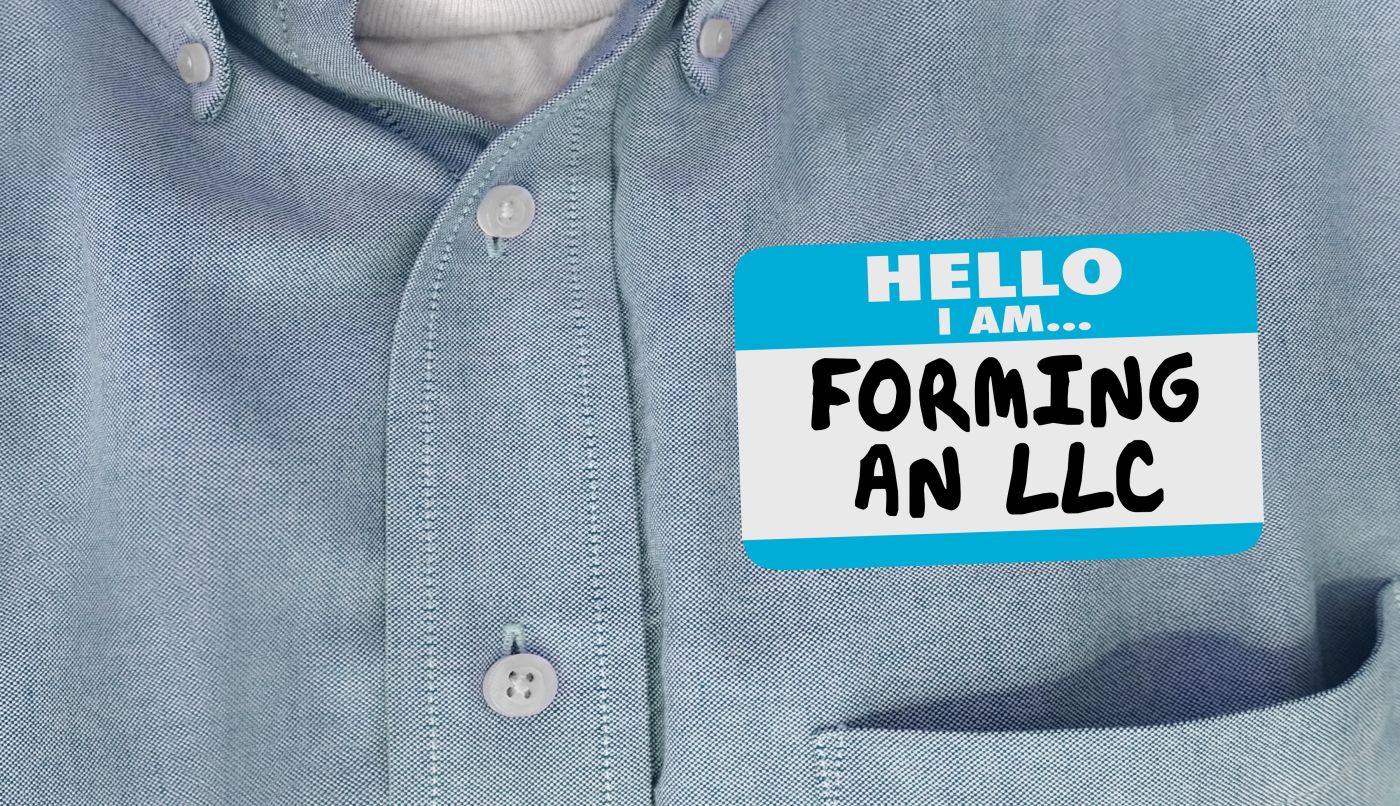
CAN A TRUST OWN MY BUSINESS AFTER I DIE?
In short, yes. Your trust can own your business after you die. However, there are several factors to consider in answering the question: "Do I want to put my business in a trust?" One consideration is the type of business you own. Is your business a limited liability company (LLC), a partnership, a corporation, or a sole proprietorship? Another thing to think about is how your business is run. Is your business managed as an LLC, a partnership, or a corporation?
HOW DOES THE TRUST GET OWNERSHIP OF THE BUSINESS?
LLC: If your business is an LLC, a trust can receive ownership of your business when you execute an assignment of interest. An assignment of interest is a document that transfers your interest in the LLC to another person or entity. The assignment of interest must be properly executed and filed with the state where the LLC is organized. If you are the LLC’s sole member, then after you have executed the transfer document assigning your interest to the trust, the trust will own 100 percent of your business. If your LLC has other members, your trust will own only the percentage of the business that you own. For example, if you have a 40 percent ownership interest in an LLC, your trust will own 40 percent. It's critical to look at the LLC's operating agreement to see whether there are any limitations on transferring your stake. Also, some operating agreements will require the other members’ consent prior to any transfer. If your LLC issues membership certificates, you should submit your assignment document to the LLC and have new membership certificates printed in the trust's name.
Partnership: Similar to an LLC, a partnership business is transferred to a trust by an assignment of interest. It is once again critical to see whether there are any limitations on transferring your stake.
Corporation: If your business is a corporation, you should contact the corporation to determine what needs to be done in order to transfer your stock to your trust. This may require specific documentation. For corporations that do not require specific procedures or documentation, you can transfer your stock to your trust through an assignment of stock. You should submit this document to the corporation so that new stock certificates can be created for the trust.
Sole Proprietor: If you are the sole proprietor of your own business, there is no separate legal business entity that needs to be transferred. The business can be treated like any other asset in a trust.
HOW IS THE BUSINESS MANAGED?
How the business is managed after it has been transferred to the trust will depend on several factors, such as what kind of business has been transferred and how that business was managed before the transfer.
LLC: After a business interest has been transferred to a trust, the trustee will own the interest. If the trustee owns the business, the trustee would continue to run the business, just like prior to the transfer. After the owner's death, the successor trustee would manage the business unless the trust and operating agreements have specified otherwise or the trustee has delegated their business management duties to another person. If, however, the business interest is a manager-managed multimember LLC where the owner has not participated in day-to-day management decisions and such decisions have been delegated to a manager, the LLC would continue to be managed by the manager both before and after the member’s death.
Partnership: In a partnership where the partner participated in the day-to-day management and has now transferred their portion to a trust of which they are the trustee, the trustee will continue to manage the business as before the transfer. As with an LLC, after the partner’s death, the successor trustee will step in to manage the business unless the trust and partnership agreements specify otherwise or the trustee has delegated their management duties to another person. If the partnership has delegated these duties to its officers or employees, then depending on what the trust and partnership agreements direct, the trustee will most likely continue to allow the other officers/employees to manage the business, both before and after the partner’s death.
Corporation: The trustee, as the owner of the trust, will be able to vote on company stock according to the corporation's governance documents after transferring stock to the trust. Normally, a transfer of stock to a trust will not change the corporation’s management.
WHAT DO THE BENEFICIARIES RECEIVE?
What a beneficiary receives is completely subjective to the trust’s terms. Whether the value is transferred to the beneficiaries, and on what terms, will be determined by the trust agreement's provisions.
SPECIAL NOTE ABOUT S CORPORATIONS
If your business is taxed as an S corporation (and you do not have to be a corporation to be taxed as an S corporation), there are special rules about ownership. Seeking the advice of a qualified legal or tax professional can be extremely helpful in this process.
Although your trust may own your company after you pass away, there are several things to think about before transferring your business ownership interest to it. It is important to consult a qualified legal or financial professional who can ensure that you have adequately considered all the factors and will help you properly complete the transfer.
READ MORE ABOUT HOW TO INCLUDE YOUR BUSINESS IN YOUR ESTATE PLAN BY READING OUR CONSUMER'S GUIDE TO ESTATE PLANNING IN OHIO.
